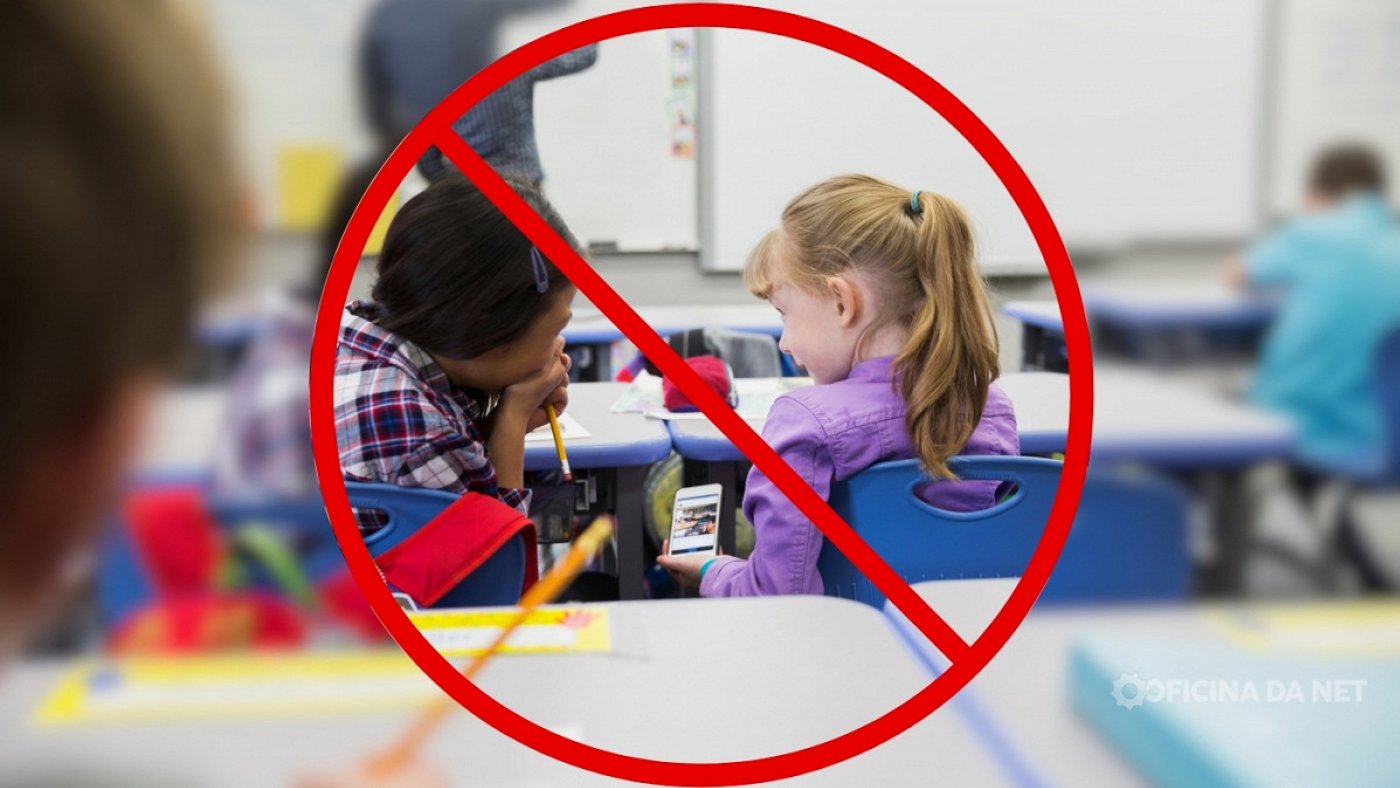An online petition on the “Public Competition” website has gathered nearly 1.5 million signatures opposing the law that bans mobile phone usage in schools nationwide. The legislation, passed by the Chamber of Deputies in October 2024, is currently in effect for this academic year and has been enforced in various states including São Paulo and Mato Grosso.
Petition requests regulation of teaching methods
The request states that while excessive screen time can have notable impacts on mental and physical well-being, as well as social growth, a complete prohibition is frequently applied without considering the educational benefits of technology.
The text also critiques the insufficient school infrastructure that must be improved without adequate resources to tackle issues stemming from the lack of mobile phones.
The petition suggests replacing Law 15,100/2025 with a “pedagogical regulation” instead of removing it. The proposed regulation would limit the use of the item to the classroom for educational purposes, similar to federal law, but allow it in other areas of the school.
The proposal includes digital educational initiatives, such as raising awareness about technology addiction, fighting cyberbullying, and recognizing fake news and scams.
The Ministry of Education emphasized that while the law does not completely ban mobile phone use in schools, it does limit their use to educational purposes with teacher permission or for accessibility needs during classes, breaks, and free periods.
Legislation is being introduced in response to the increasing discussion surrounding the utilization of these gadgets in educational institutions, causing significant worry among experts and the public due to the adverse effects on the education, focus, and mental well-being of students. Educational networks and schools, both public and private, are responsible for determining their own approaches for implementation before the start of the academic year.
The petition is authored by a teacher.
The request gained attention on social media platforms, particularly on TikTok, due to the efforts of the author, influencer, and professor Luís Tonelotto Rodrigues, who has over 4 million followers on the platform.
Luís expressed surprise at the high number of subscribers during the interview with Folha, highlighting how it further underscores the discontent among young people.
Why does a petition that keeps limiting mobile phone use receive significant backing? Young people feel unheard in a policy that directly affects them.
The teacher emphasizes that the negative effects of screens are not limited to young individuals.
Society requires comprehensive digital education rather than relying on classification, which can provoke resistance and shift blame. The presence of cell phones in schools will not be affected significantly by federal law changes. The core of the solution lies in education, despite being a time-consuming and costly process, it is essential and lasting.
Technology and neuroscience experts support the law.
The experts are content with the new rule despite the success of the petition and social media movement. Alexandra Lorandi, a Professor of Media and Technologies at the Faculty of Education of the Federal University of Rio Grande do Sul, expressed satisfaction.
The federal law prioritizes creating a healthier and more focused learning environment for students by restricting the use of mobile phones in schools. This measure is not intended to oppose digital education but rather to encourage the responsible use of technology and reorganize school practices.
Cláudio Lúcio Mendes, a professor and researcher at the Federal University of Lavras, also supports the rule.
The law is founded on numerous studies demonstrating that the excessive use of cell phones by children and adolescents can lead to negative impacts on health, attention, memory, and cognitive abilities, ultimately affecting academic performance and social interactions.
Please provide the text you would like me to paraphrase.

